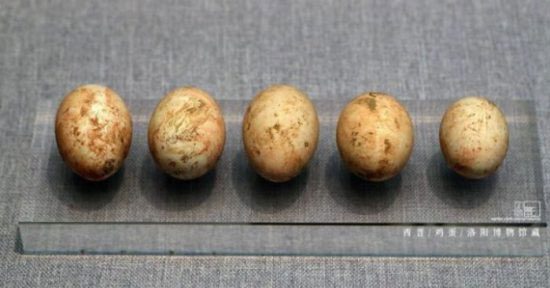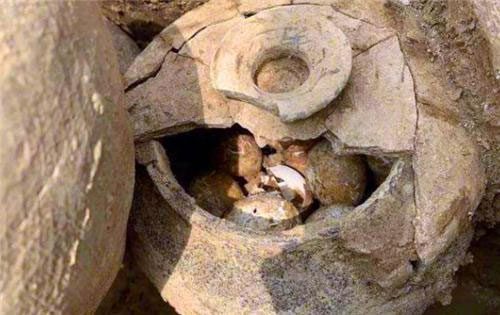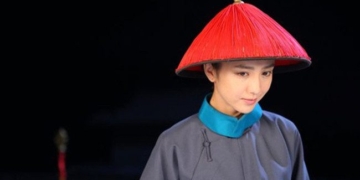During the excavation of tombs, if archaeologists find eggs inside, they will know that the tomb belonged to a wealthy class.
Modern archaeology began relatively late in China. From the late 19th century to the 1930s, Western exploration and archaeological teams continuously came to China to conduct clandestine excavations. By the late 1920s, Chinese academic institutions began exploring ruins at sites like Zhukou and other historical landmarks, marking the birth of Chinese archaeology and gradually establishing a complete archaeological system.

In ancient times, chicken eggs were highly valuable. (Illustration: kknews.cc).
Furthermore, the term “Archaeology” in modern China is translated from the Latin “Archaeology”, which means “the study of ancient science.” In archaeology, the search for and collection of the remains of ancient human societies is of utmost importance.
The work must be carried out carefully and meticulously. The time that archaeologists spend in an ancient tomb is also quite lengthy. This is because many ancient tombs have histories spanning centuries or even thousands of years, and some relics may be mixed with mud and soil. Therefore, the excavation process must protect cultural relics while ensuring they remain intact.
Unlike modern funeral practices, ancient people, especially wealthy and noble families, held elaborate ceremonies with numerous accompanying rituals when organizing funerals. The ancients believed that the death of a person represented the end of life under the sun, and thereafter one began to live in the underworld. For the deceased to have a normal life in the underworld, family members viewed “death as still being alive.”
Wealthy individuals often buried a significant amount of gold, silver, and jewels with them after death, which made their tombs prime targets for tomb robbers. As a result, the ancients often built tombs in concealed locations that were difficult to find and designed many secret mechanisms within the tombs.

Eggs found in ancient tombs have undergone changes over hundreds of years. (Illustration: foyuan.family543).
So why do some people say that if there are chicken eggs found in a tomb, archaeologists will be very careful and avoid touching them?
First: In ancient times, chicken eggs were highly valuable. Poor individuals would consider chicken eggs treasures to keep rather than burying them with the deceased; only the rich would bury chicken eggs in their tombs.
When archaeologists see eggs in a tomb, it means that the owner of this tomb was once very wealthy. If the tomb has never been robbed, there is a good chance that the archaeological team will uncover valuable items inside. Therefore, exercising caution is a top priority.
Second: The eggs found in ancient tombs have undergone hundreds or thousands of years of changes, and they are sure to have deteriorated. When archaeologists first see eggs in a tomb, they are often amazed and touch them, only to find that they shatter unexpectedly. Later on, when they discover eggs, they no longer dare to touch them but instead gently rub the surface; the result is still that they break apart.
To date, the earliest eggs excavated were found in Western Zhou tombs over 2,800 years ago. These eggs were packed into a pottery jar featuring distinctive patterns from the Western Zhou period.
To protect this cultural relic, experts dare not touch it. The eggs from 2,800 years ago remain in the pottery jar just as they were when excavated. As for the value of these eggs from thousands of years ago? It’s hard to say now; some scholars believe they could be used to study the differences between chickens from a thousand years ago and those of today.


















































